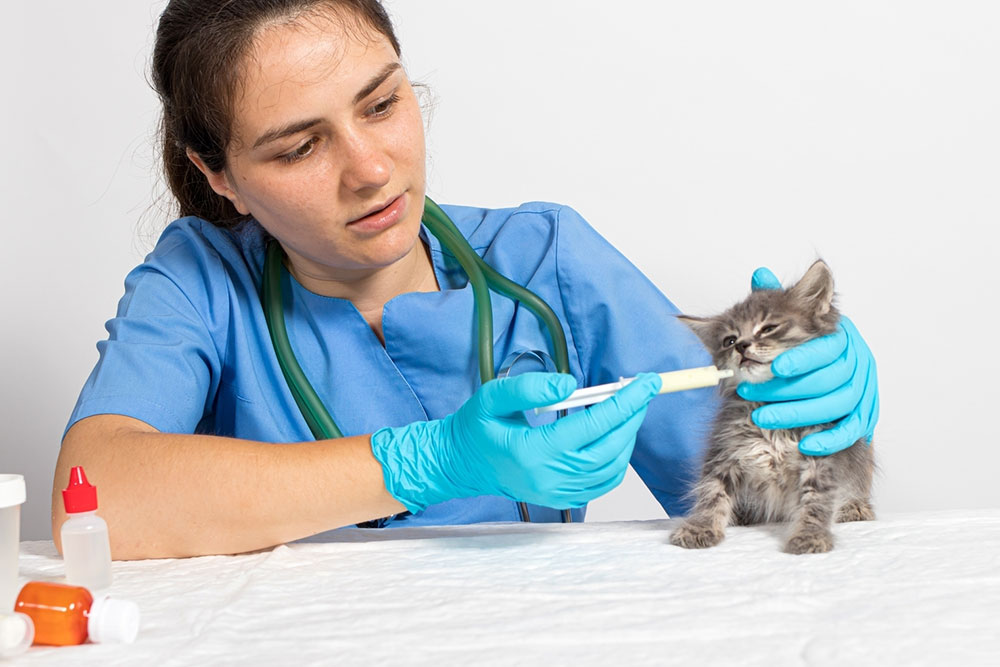5 ways to control and prevent worms in pets

Pet parents must always be ready to deal with worm infestations in their furry companions. The problem could arise from any worm, like heartworms, tapeworms, hookworms, roundworms, whipworms, or intestinal worms. Dogs usually get worms from chasing wildlife, touching animal feces, or eating soil. Sometimes, fleas and ticks are to be blamed for passing on worms to one’s beloved pets. Whatever the cause, individuals should know how to treat and prevent worms in pets.
Apple cider vinegar
Apple cider vinegar is very useful for treating and preventing worms. It improves the good bacteria in the pet’s intestine, helping them fight the worms. The improved pH levels and higher amounts of good bacteria gradually make it difficult for the worms to survive. Add a little raw organic ACV to the pet’s water every day to reap this remedy’s benefits.
Coconut
Coconut is a natural deworming agent. Feeding the pet fresh or dried coconut chunks can help them eliminate the worms from their system. However, ensure there are no additional ingredients in the coconut if it comes in a package. It’s also vital to keep the pup hydrated and avoid overfeeding them with coconut. Decide a proper dosage based on their age, breed, and weight. If unsure, confirm the dosage with the vet and ask them whether coconut oil would be better than coconut.
Chamomile
Chamomile is known to have soothing effects on both humans and pets. Using it correctly can help reduce the damage caused by the worms and combat the inflammation and swelling of the intestines. Speak to the vet to determine the dosage of the chamomile tincture or concoction for the pet.
Deworming treatments
Dogs with fleas are more susceptible to a tapeworm infestation. So, it’s important to give them deworming treatments periodically. Keep the next dosage ready and speak to the vet before using it.
Regular vet visits
Irrespective of the pet’s age, pet parents should not skip regular check-ins with the vet. With the doctor’s advice, pet parents can safely administer deworming compounds or natural remedies. Regular visits also help learn about new treatments to keep these pests and worms away from the pet’s area in the house, preventing possible infestations.

